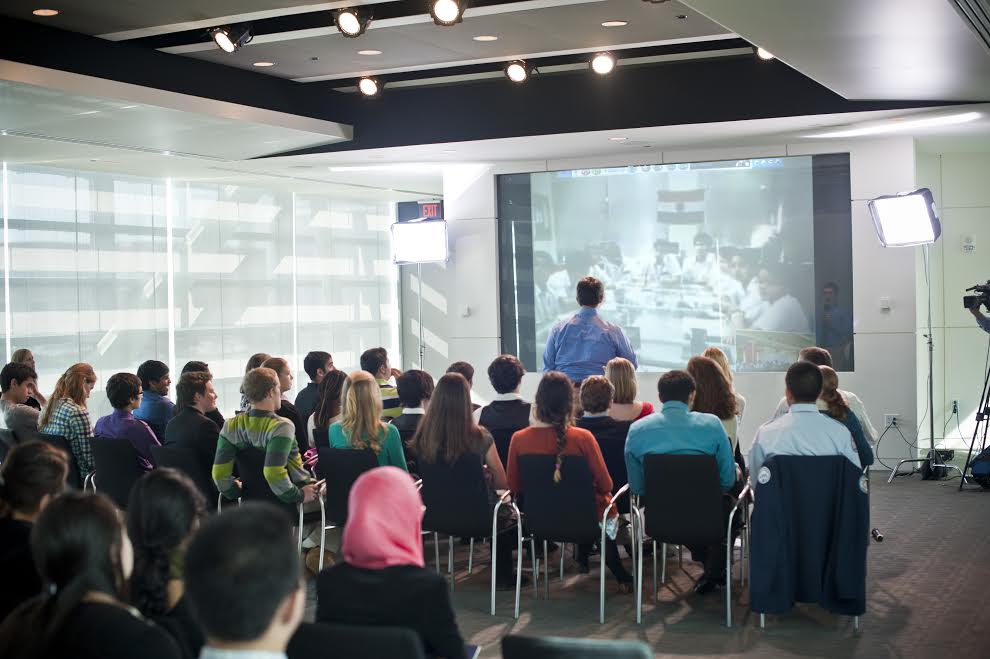Court’s Striking of Teacher Tenure is Correct, but based on Faulty Premise
Note: The following op ed comes to us courtesy of Robert Hardaway, professor of law at the University of Denver Sturm College of Law and the author of “America Goes to School: Law, Reform, and Crisis in Public Education.”
The ruling last week by a California Superior Court Judge striking down teacher-tenure rules as unconstitutional properly recognizes the failure of public schools in that state to provide an adequate education, particularly for the poor and underprivileged. But the premise of that decision—the failure to fire enough ineffective teachers—understates and misidentifies the more significant causes of inferior public education.
In 1966, federal bureaucrats commissioned the U.S. Office of Education to conduct a comprehensive study of the inequalities in public education in such areas as financing, teacher-faculty ratios, teacher proficiency, and school facilities. The resulting study, now known as the “Coleman Report”, conducted the most comprehensive study in American history, surveying and testing over 600,000 students in 3000 American public schools. To the mortification of the bureaucrats who had commissioned the study in hopes of gaining support for more government spending by documenting presumed inequalities, the Coleman Report concluded, in the words of a Harvard Study, that “schools are not very important in determining student achievement. Families, and to a lesser extent peers (are) the primary determinants in performance.”
The Report found no relationship between class size, physical facilities, and student achievement. Although a very slight correlation was discerned between teacher proficiency and student achievement, even this slight correlation was fully explained by the fact that the most experienced teachers with the most seniority were more likely to request teaching assignments in schools with higher achieving students—that is, causation ran from achievement to experience, and not the other way around. Even more disconcerting to the bureaucrats was that when such inputs as family economic and social background were held constant, the data revealed the inconvenient truth that “no strong or systematic relationship between school expenditures and student performance.”
If the purport of the California Court decision is limited to restricting the prerogative of teachers with the most seniority to have preference in their teaching assignments, it is unlikely to have much effect on the quality of public education in that state, and the way will be open to bureaucrats to renew their demand for more spending as the cure for the failure of public education.
In the years after the release of the Coleman Report, it was vigorously attacked by an educational establishment determined to justify increased spending, but at a 1991 Harvard Symposium, even vocal critic Ronald Ferguson conceded that its “general conclusion (has) stood: no one (has been) able to find clear and important effects of school resources on student achievement in the Coleman data”.
In the years following the report’s submission, other data also confirmed its conclusion. Despite the fact that the U.S. spent more money per capita on public education than almost every other country in the world, its students placed 19th out of 20 in international achievement tests. In math, American 12 year olds finished 19th out of 20, managing to nudge out only Jordan. In Japan, by contrast, where many classrooms lacked central heating, classroom size exceeded 40-50 students, students were issued cheap paperbacks costing a dollar or less and asked to perform janitorial functions, and where per capita spending on public schools was less than one third that of the U.S., its students placed 2nd out of 20.
Even in the U.S., Iowa, which ranked 27th in per capita education expenditures ranked 1st in SAT scores, while schools in states which spent the most ranked near the bottom.
A key factor in student performance has also been shown to be a safe learning environment—the one element U.S. schools decline to provide. A 1984 government report revealed that “282,000 students were physically attacked in U.S. schools every month”, and that 5% of students in public schools had been wounded at school.
As a result, well-heeled parents seeking a safe learning environment for the children are willing to spend thousands of dollars to spend their children to private schools which spend less than half per capita of that expended by public schools, despite the fact that private school teachers are paid much less, and facilities are often inferior. But why should only wealthy parents be able to provide a safe learning environment for their children?
The answer can be found in large part in Supreme Court decisions such as Goss v. Lopez and which require schools to provide a full panoply of “rights” before suspending violent students so that others can learn—rights set forth in the Model School Disciplinary Code issued by the Center for Law and Education of Harvard University, and includes “the right to remain silent, the right to counsel, and the right of cross-examination (!)
Another answer can be found in the 1987 sequel to the Coleman Report, which, in the words of one student of that report observed: Private schools “enjoy a great advantage—namely a lack of funding…With less money (they) are…less likely to retain academic structures that fall fallen victim to pop trends and political pressure.”
The California Court decree no doubt was issued with the best intentions, but it will likely only serve as a diversion to the real crisis in public education.





